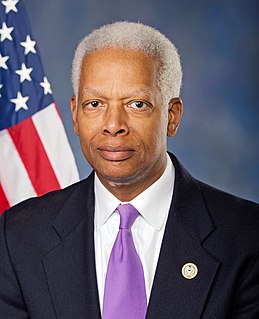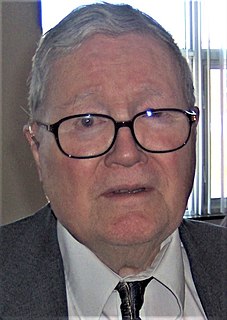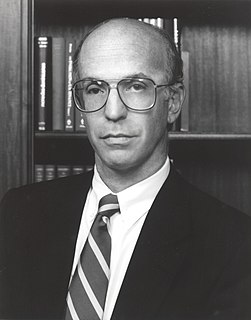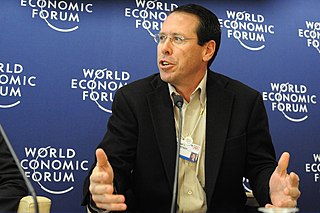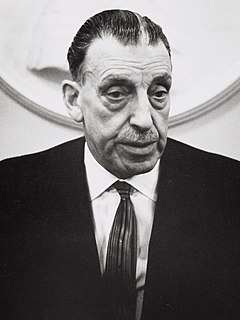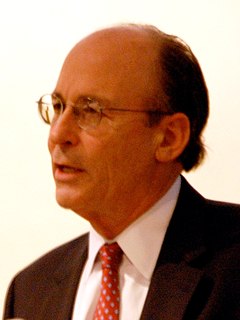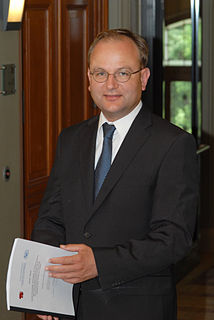A Quote by Hank Johnson
Most people seem unaware that corporate influence and wealth has taken over public policy, such that government policy now favors the wealthy few at the expense of the people.
Related Quotes
A much more radical conclusion . . . that, so far as I know, is shared by only a very few students of public choice [is]: that government employees or people who draw the bulk of their income from government by other means should be deprived of the vote . . . It is another example of the opening up of alternatives for investigation and the presentation of new conceivable policy options characteristic of public choice, rather than a policy that all its students favor.
RTE was set up by legislation as an instrument of public policy, and, as such is responsible to the government. The government have overall responsibility for its conduct, and especially the obligation to ensure that its programmes do not offend against the public interest or conflict with national policy as defined in legislation. To this extent the government rejected the view that RTE should be, either generally or in regard to its current affairs programmes, completely independent of government supervision.
Most teachers have little control over school policy or curriculum or choice of texts or special placement of students, but most have a great deal of autonomy inside the classroom. To a degree shared by only a few other occupations, such as police work, public education rests precariously on the skill and virtue of the people at the bottom of the institutional pyramid.
